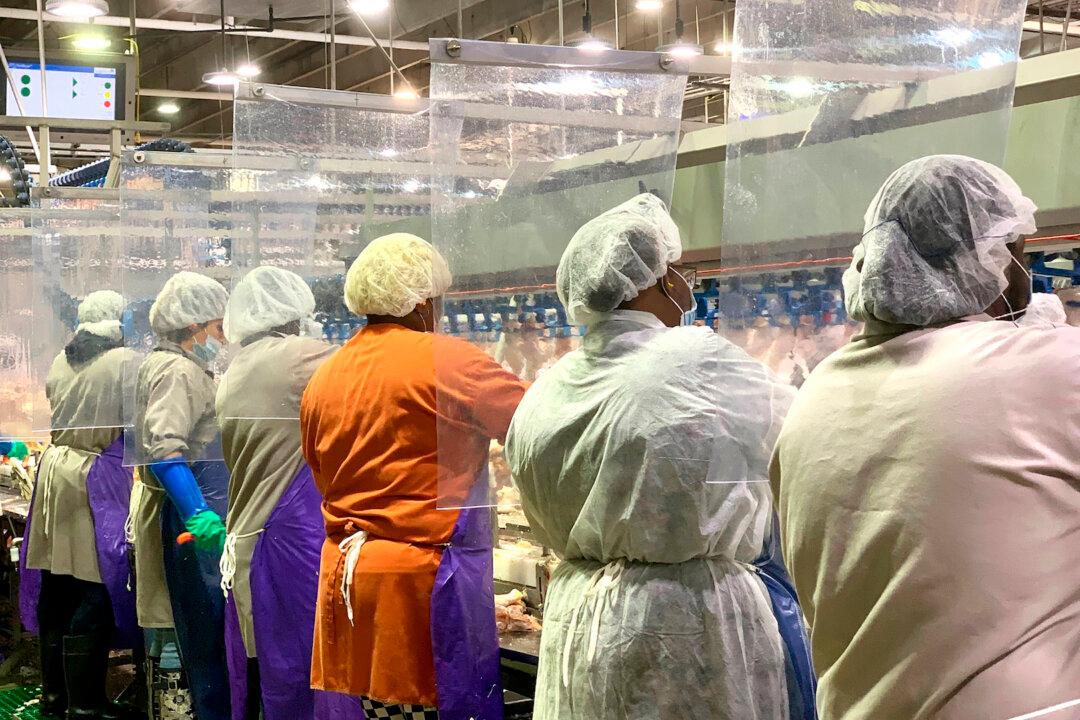After years of market concentration forcing reliance on a few processing giants, the pandemic-driven closure of some of the nation’s major meat plants has disrupted the food supply chain, with Tyson Foods warning of shortages on grocery shelves.
On April 26, in an open letter run as a full-page advertisement in The New York Times, The Washington Post, and the Arkansas Democrat-Gazette, the company said that “the food supply chain is breaking.”





